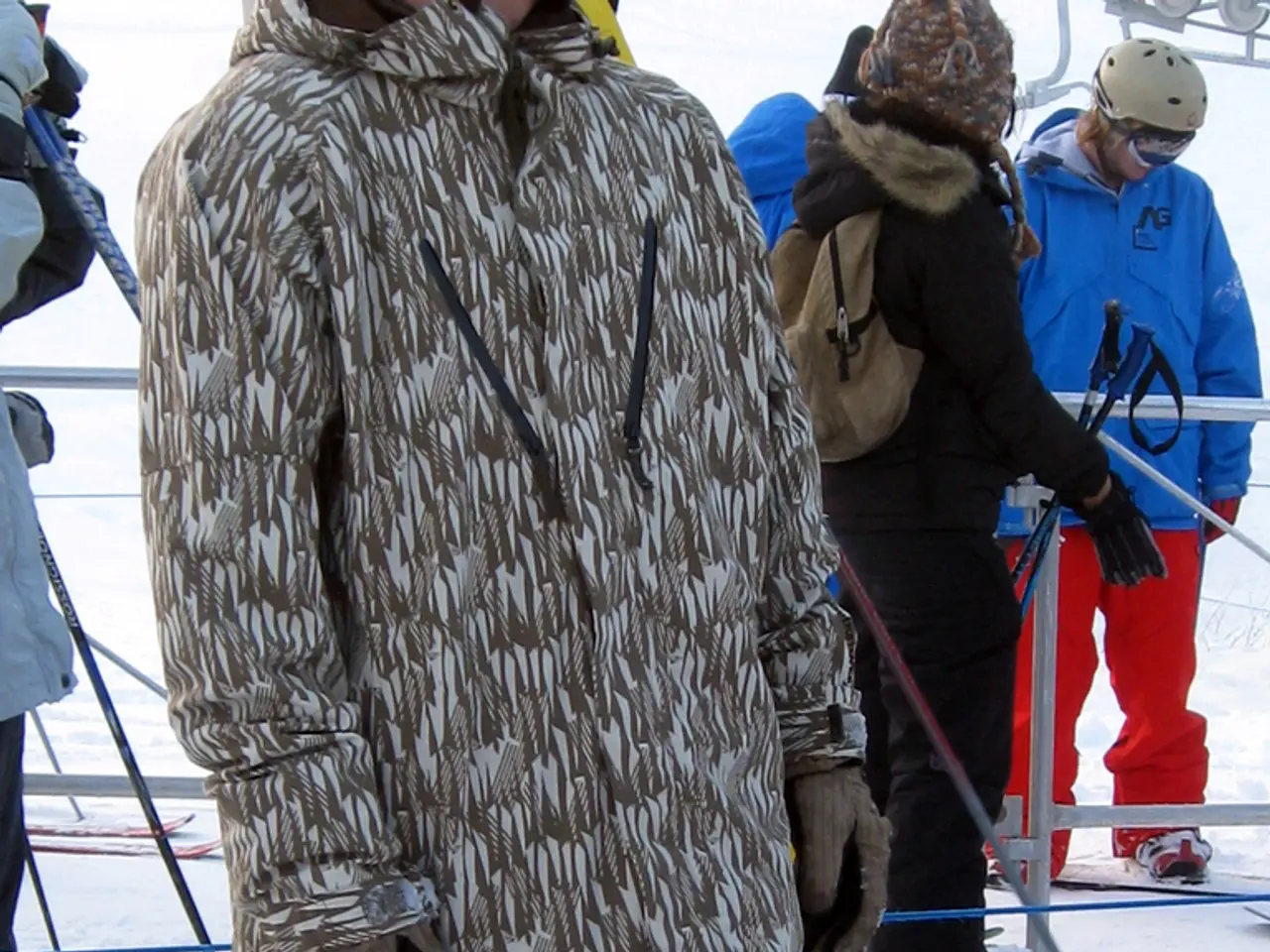Treatment options for cold sores: exploring six potential solutions
Cold sores, also known as oral herpes, are blister-type lesions that develop when a person contracts the herpes simplex virus (HSV). While there is currently no cure for cold sores, treatment can help manage outbreaks and reduce the risk of the virus spreading to others.
One FDA-approved over-the-counter (OTC) treatment for cold sores is docosanol, marketed as Abreva®. This antiviral cream is recommended to reduce the duration and pain of cold sores when applied at the first sign of symptoms. On average, Abreva docosanol can heal cold sore blisters in as little as 2.5 days, with an average healing time of 4.1 days.
In addition to Abreva, OTC creams containing numbing agents such as lidocaine or benzocaine can help relieve burning and discomfort, but they do not speed healing. Products like RELEEV 1 Day Cold Sore Treatment and Orajel Touch-Free Cold Sore Treatment combine soothing ingredients and pain relief to manage symptoms.
Acetaminophen and ibuprofen are also recommended OTC options to reduce redness, swelling, and pain associated with cold sores and can be used alongside topical treatments.
For those experiencing recurrent cold sores, prescription medications like penciclovir and famciclovir may be more effective. Penciclovir, available as a topical cream, helps reduce pain and itching associated with cold sores. Famciclovir (Famvir) is a prescription medication that helps treat repeat outbreaks of HSV cold sores.
Online pharmacy Blink Health offers penciclovir by prescription for people with cold sores. However, it's important to note that people with certain health conditions or those who take medications that suppress the immune system should consult a doctor if they experience a cold sore outbreak.
Biance Rosa licorice root cream is another OTC option, available in brick-and-mortar stores such as Walmart and online. This cream contains licorice root, which has antiviral and antibacterial properties and may prevent HSV from replicating. However, it should not be used for longer than 6 weeks.
People who have had the virus for some time may experience burning, itching, and stinging 1-2 days before a cold sore appears. To prevent the spread of cold sores, the American Academy of Dermatology (AAD) recommends avoiding kissing, sharing personal items, touching the sores, sharing foods and beverages with others, and eating acidic foods like tomatoes and citrus fruits.
It's also worth mentioning that some people contract HSV during childhood and may not experience any symptoms. In these cases, the virus remains inactive and does not leave the body, sometimes reactivating and causing an outbreak.
In summary, the best OTC options to treat cold sores are: - Docosanol (Abreva®), an antiviral cream to shorten healing time if used early. - Topical anesthetics like lidocaine or benzocaine to numb pain (found in some dental creams). - Symptom-relief products such as RELEEV cream and Orajel Touch-Free with soothing formulas and pain relief. - Oral pain relievers like acetaminophen or ibuprofen to reduce inflammation and discomfort. - Biance Rosa licorice root cream, which may prevent HSV from replicating but should not be used for longer than 6 weeks.
Remember, it's crucial to consult a healthcare professional if you suspect you have cold sores or if symptoms persist, especially for those with underlying health conditions or taking immune-suppressing medications.
Science and health-and-wellness go hand in hand when it comes to managing non-digestive ulcers, such as cold sores. Mental-health is also important, as the stress from a cold sore outbreak may exacerbate symptoms. Skin-care plays a role too; therapies and treatments like Biance Rosa licorice root cream, containing licorice root with antiviral and antibacterial properties, can be used over-the-counter to manage cold sores without prescription.




